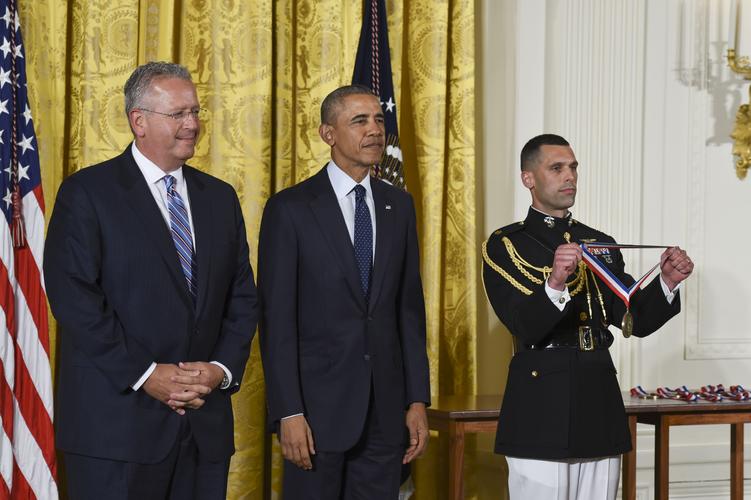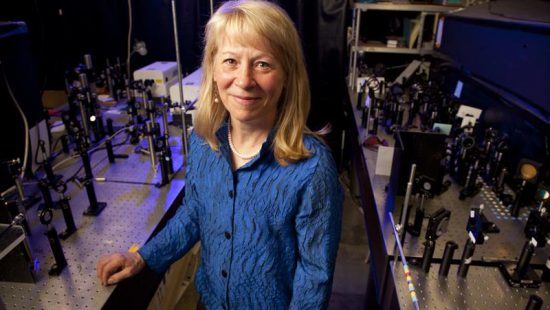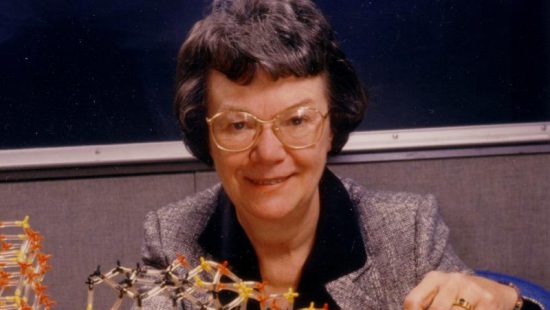In the movie “Terminator 2,” the robot T-1000 takes shape from a puddle of metallic goo, rising from the ground to form the shape of a human.
It’s this scene that inspired Joseph DeSimone and his colleagues to pioneer a method of 3-D printing that’s 25 to 100 times faster than existing technology, which – much like an inkjet printer – uses computers to produce objects by stacking thin layers of material.
“3-D printing is actually a misnomer,” DeSimone said at a TedX talk in 2015. “It’s actually 2-D printing over and over again … There are mushrooms that grow faster than 3-D printed parts.”
DeSimone’s technique, called “continuous liquid interface production,” allows objects – just like the T-1000 – to rise from a pool of resin.
The technology uses pulses of light, which solidify the resin, and bursts of oxygen, which prevent the material from hardening, to create objects at a speed competitive with traditional manufacturing.
Outside the laboratory, DeSimone is known for his work as a mentor, having guided more than 30 underrepresented minority students through the completion of Ph.D.s in chemistry or chemical engineering.
In 2005, he joined a former mentee to launch a chapter of the National Organization for the Professional Advancement of Black Chemists and Chemical Engineers on the University of North Carolina’s campus.











